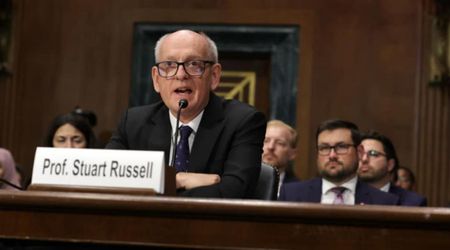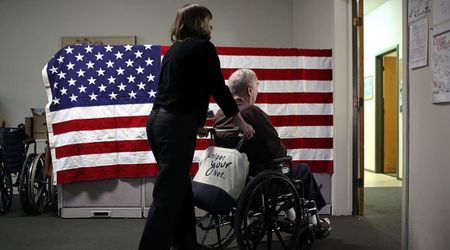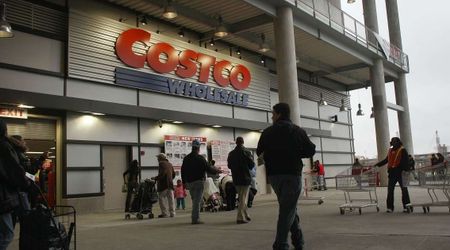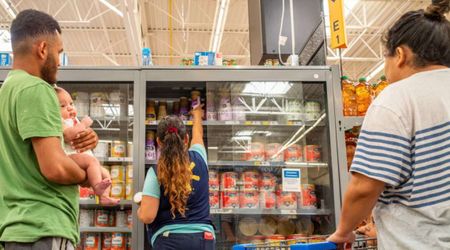Driving Habits Impacted as Cost of Living in the US Continues to Rise

With the cost of living soaring and affecting almost every facet of our lives, it's no surprise that people are finding new and unique ways to reduce their expenses, with vehicle owners being no exception. A recent survey by Close Brother Motor Finance shed light on a shift in driving habits, with many moving from expensive fuel to cheaper options, car-sharing, and more.
Our upcoming #BritainUndertheBonnet report finds that economic uncertainty has driven over a third of drivers (35%) to postpone or hold off buying a car altogether. Read more at https://t.co/O3yX0SuDgc pic.twitter.com/Ug9unJbUYx
— Close Brothers Motor Finance (@CloseBrothersMF) May 9, 2018
A recent survey of 2,000 drivers revealed the significant impact of the cost of living crisis on driving habits. The findings reveal a shift in behavior, with individuals actively seeking ways to mitigate the financial strain. Many respondents reported resorting to measures such as opting for cheaper fuels and reducing their driving frequency.
Specifically, 71% of respondents indicated that they have either already started shopping for cheaper fuel or intend to do so, while 63% stated that they have cut down on their driving compared to previous habits.
Moreover, the survey highlighted a growing trend towards sustainable transportation options, with 43% of drivers opting to share public transport to save costs and promote environmental conservation. Additionally, there has been an increase in interest in electric vehicles (EVs), with 22% of respondents expressing a willingness to make the switch.
However, a significant portion, comprising 37% of drivers, revealed that they are postponing their plans to purchase a new car altogether.

A similar survey conducted in 2022 by Kwick Fit revealed a parallel trend, wherein individuals refrained from purchasing new vehicles and instead focused on optimizing the performance of their existing cars. Measures such as regular tire pressure checks (reported by 10% of respondents) and decluttering car boots (mentioned by 11%) were among the strategies employed to ensure vehicle efficiency.
Additionally, 3% of drivers took the step of removing roof racks, bars, or bike racks, previously installed permanently, in a bid to enhance fuel efficiency and reduce costs.

As per the Institute of Transportation & Development Policy, the cost of transportation in the United States is high. Transportation remains one of the highest annual consumer expenditures totaling $12,295 annually as of 2023. It was also reported that nearly a quarter of the US population had three or more vehicles.
When considering total national household spending, transportation emerges as a significant expense, amounting to a staggering $1.6 trillion. This places transportation as the fourth-highest category of household spending in the country.
Furthermore, the largest portion of these expenditures is allocated to purchasing new vehicles, averaging around $4,495.92 per household. Following closely behind are expenses related to gasoline and other motor oils and fuels, averaging approximately $3,119.74 per household.
A report by Market Watch highlights the importance of fiscal prudence, suggesting that Americans should not allocate more than 10% of their monthly income toward car-related expenses. Alarmingly, this guideline indicates that over 60% of American households may struggle to afford to purchase a new vehicle.
Moreover, adopting driving habits that prioritize fuel efficiency, such as taking shorter routes and avoiding speeding, not only benefits the environment but also contributes to savings in the long run.





















